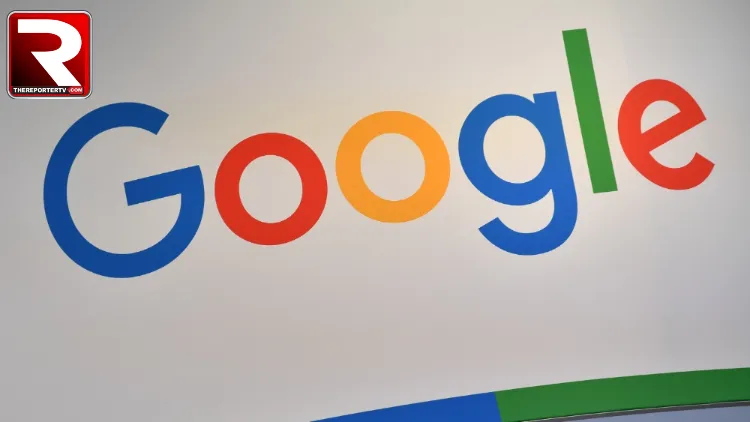New Delhi, Nov 22: A new proposal by the US Department of Justice (DOJ) could reshape the future of Alphabet Inc., the parent company of Google, with far-reaching consequences for its business model and stock valuation. On Thursday (US time), shares of Alphabet plunged more than 4.56%, marking their steepest decline since January 2024. This drop wiped out over $120 billion in market capitalization, bringing the company’s valuation below the $2 trillion mark.
The DOJ’s recommendation that Google divest its Chrome web browser to restore competition in the online search market has raised concerns about the company’s long-term strategy and its dominance in digital services. Google Chrome, which commands nearly two-thirds of the global browser market, is seen as a critical pillar in Alphabet’s ecosystem, and any forced sale of the browser could significantly disrupt its business model.
According to Murthy Grandhi, a company profiles analyst at GlobalData, Chrome is far more than just a browser for Alphabet. “It is a linchpin in Alphabet’s ecosystem, connecting users to a wide array of services such as Gmail, Google Drive, and YouTube. Chrome generates substantial advertising revenue by driving traffic to Google’s platforms and collecting user data to enhance its advertising algorithms,” Grandhi said in a report on Friday.
The browser’s market valuation is estimated at around $20 billion, which adds to the concern over the potential loss of a critical revenue channel. For the first nine months of 2023, Google generated an estimated $192 billion in advertising earnings, a substantial portion of which is driven by user engagement via Chrome.
Implications for Alphabet’s Core Revenue
If the DOJ’s proposal moves forward, it could deal a significant blow to Alphabet’s core advertising business. “If forced to sell Chrome, Alphabet would lose a critical traffic-driving channel for its search engine and other services,” said Grandhi. “However, the company could turn this challenge into an opportunity by accelerating diversification and innovation in other high-growth sectors like artificial intelligence (AI) and cloud computing.”
In the meantime, Alphabet continues to invest heavily in research and development, with $36 billion spent in 2023 alone—14.2% of its revenue—focused on emerging technologies and new markets. This broad portfolio, which includes ventures in hardware, autonomous driving, and AI, serves as a hedge against any disruption in its advertising-driven business.
Diversification and Adaptation as a Key to Resilience
Despite the immediate market volatility, Grandhi suggests that Alphabet’s diverse ventures could help cushion the impact of the DOJ’s scrutiny. By expanding into new areas such as AI and cloud computing, Alphabet could reduce its reliance on the advertising market. “Alphabet’s ability to adapt its business model and capitalize on emerging technologies will be crucial to its long-term resilience,” he said.
Furthermore, Grandhi noted that the DOJ’s actions could set a broader precedent for regulating monopolistic practices within the tech sector, particularly targeting other dominant players like Apple, Amazon, and Microsoft. A divestiture of Chrome could spark a wave of regulatory actions, potentially leading to more competitive and innovative markets for consumers.
Short-Term Volatility, Long-Term Adaptation
In the short term, Alphabet’s investors are likely to face increased volatility as market reactions to the case develop. The company’s stock drop on Thursday reflects concerns over the potential loss of one of its most integral assets. Alphabet’s ability to maintain investor confidence, particularly amid the evolving regulatory landscape, will be key to determining its future performance.
As of the end of Q3 2023, Alphabet had cash and cash equivalents of $19.9 billion, which provides some cushion against immediate financial pressures. However, the coming months could bring more uncertainty, as the company navigates the legal and business ramifications of the DOJ’s proposal.
In conclusion, while the DOJ’s potential divestment of Google Chrome presents a serious challenge for Alphabet, it also opens up long-term opportunities for the company to diversify and innovate. How Alphabet responds to this proposal, and how it adapts its business model, will shape its trajectory in an increasingly scrutinized tech landscape.


